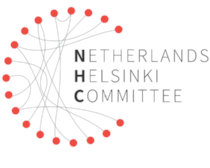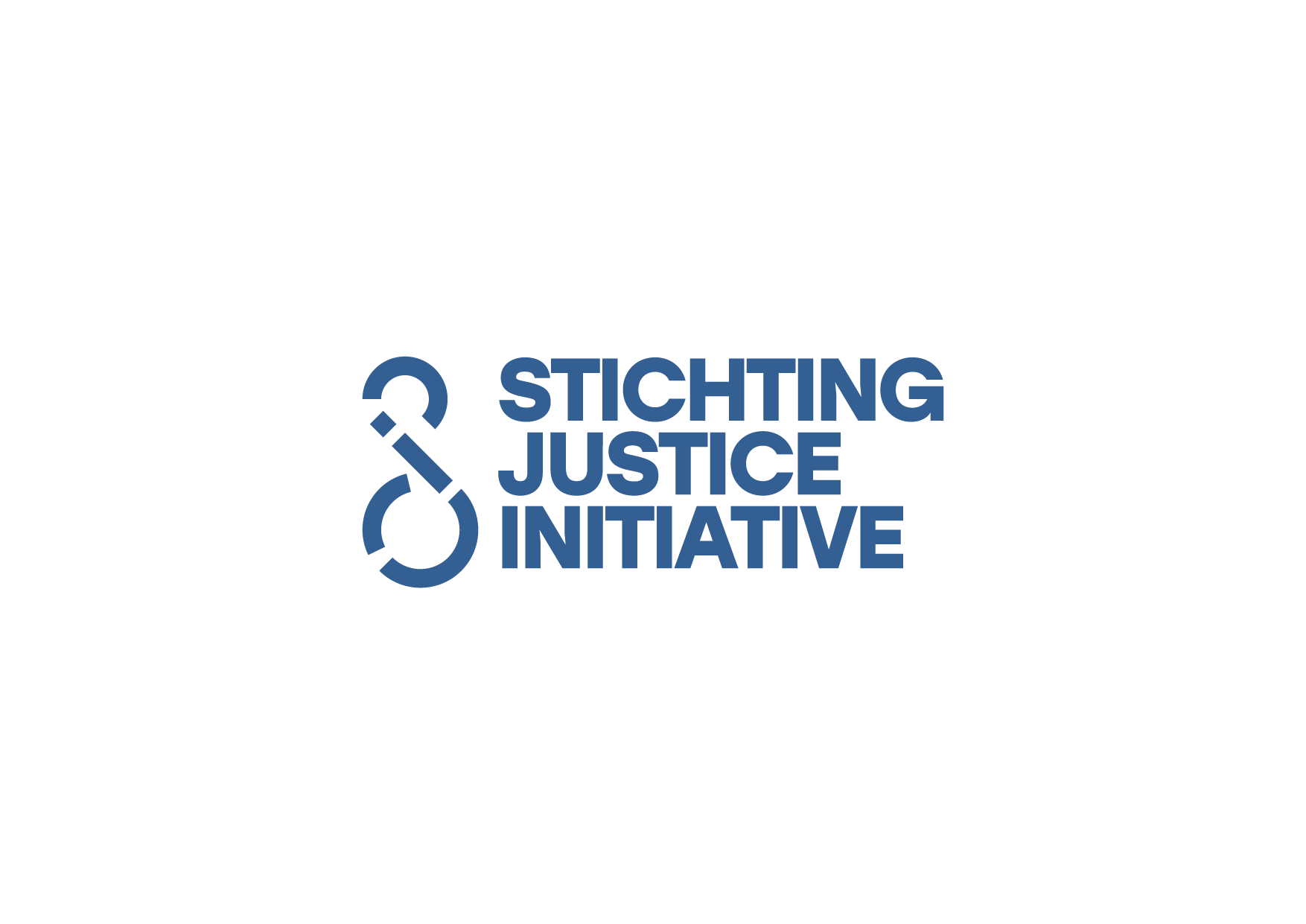EIN welcomes four new members
/The European Implementation Network (EIN) recently welcomed four new members: the Accountability Unit; the Netherlands Helsinki Committee; the Stitching Justice Initiative; and Fair Trails.
“We are excited to have new members joining our growing network of NGOs and individuals who collectively are committed to supporting the full implementation of judgments of the European Court of Human Rights. We look forward to working with our new colleagues by harnessing the energy and expertise of civil society organisations in the field of human rights protection,” said Kevin Steeves, EIN Director.
The Accountability Unit (AU) works to advance conflict-related gender-based rights through litigation, advocacy, research and policy advice in Turkey. The monitoring and implementation of judgments of the European Court of Human Rights (ECtHR) is a core consideration of AU’s work. This relates to the provision of legal assistance on available domestic legal accountability mechanisms to victims and petitioning local authorities, including ministries, national human rights bodies and ombudsmen. AU also supports strengthening of domestic laws and implementation of human rights through advocacy submissions to the Council of Europe, EU, OSCE and UN mechanisms. AU has prepared submissions to the Committee of Ministers based on Article 14 to bring state practice and behaviour in line with international law and ECtHR case law.
The Netherlands Helsinki Committee (NHC) aims to contribute to defending, building and securing human rights and the rule of law in Europe, mostly but not exclusively in the eastern European part of the OSCE region. NHC sets up capacity-building projects for government institutions and civil society organisations and engages in advocacy with national governments and intergovernmental organisations. NHC has over the past decades developed and coordinated several projects to train and accompany NGOs and lawyers in submitting cases to the ECtHR, the most extensive of these having focused on Armenia, Azerbaijan and Georgia during the period of 2006 to 2011. Priorities in the future include building advocacy for the implementation of ECtHR judgments, in particular at the national level.
The Stichting Justice Initiative (SJI) is dedicated to the legal protection of victims of human rights violations connected to armed conflict and counter-terrorism operations, torture and gender-based violence in the post-Soviet region. SJI has been conducting activities around implementation of ECtHR judgments for over eight years, including regular submissions to the Committee of Ministers, post-judgment follow-up on the domestic level in Russia and advocacy in Strasbourg and the diplomatic community in Moscow. Since that time, it has ensured in-depth legal follow-up on the domestic level on over 40 ECtHR judgments, including by applying to the Russian Constitutional Court, overturning the conviction of a torture victim at the Russian Supreme Court, and challenging the application of amnesties, statute of limitations, classification of case materials, and many other issues at the local level in the North Caucasus region of Russia.
Fair Trials is an international criminal justice watchdog working to uphold the right to a fair trial according to internationally recognised standards of justice. They lead in efforts to create and implement EU-wide standards on the procedural rights of suspects and accused persons and regularly intervene in cases before the ECtHR related to fair trials issues. Among other initiatives, Fair Trials coordinates the Legal Experts Advisory Panel (LEAP), composed of representatives of over 150 criminal defence law firms, academic institutions and civil society organisations. A LEAP working group was formed in 2017 to monitor judgments of the ECtHR. It then accesses the wider LEAP network to help in ensuring proper implementation of respective judgments, including litigation support, legislative and policy advocacy, or training.
EIN now has 25 members from 17 countries – 19 NGO and six individual members. EIN membership is open to all civil society organisations or individuals adhering to the founding statute of EIN and working towards effective implementation of ECtHR judgments. All membership applications are reviewed and approved by the EIN Board.




